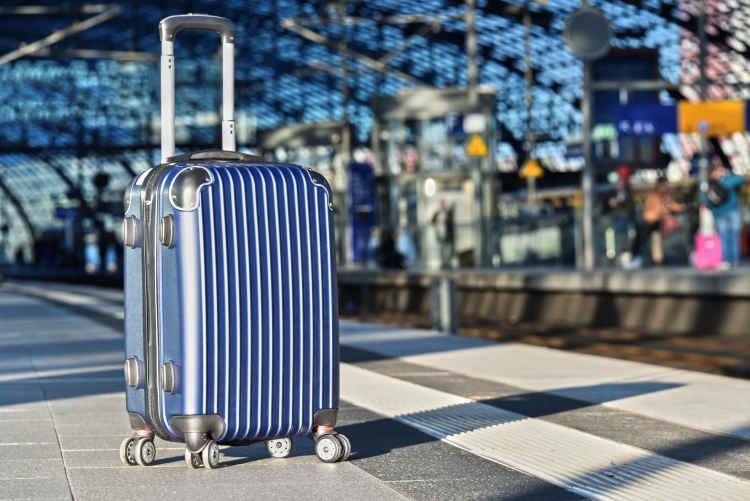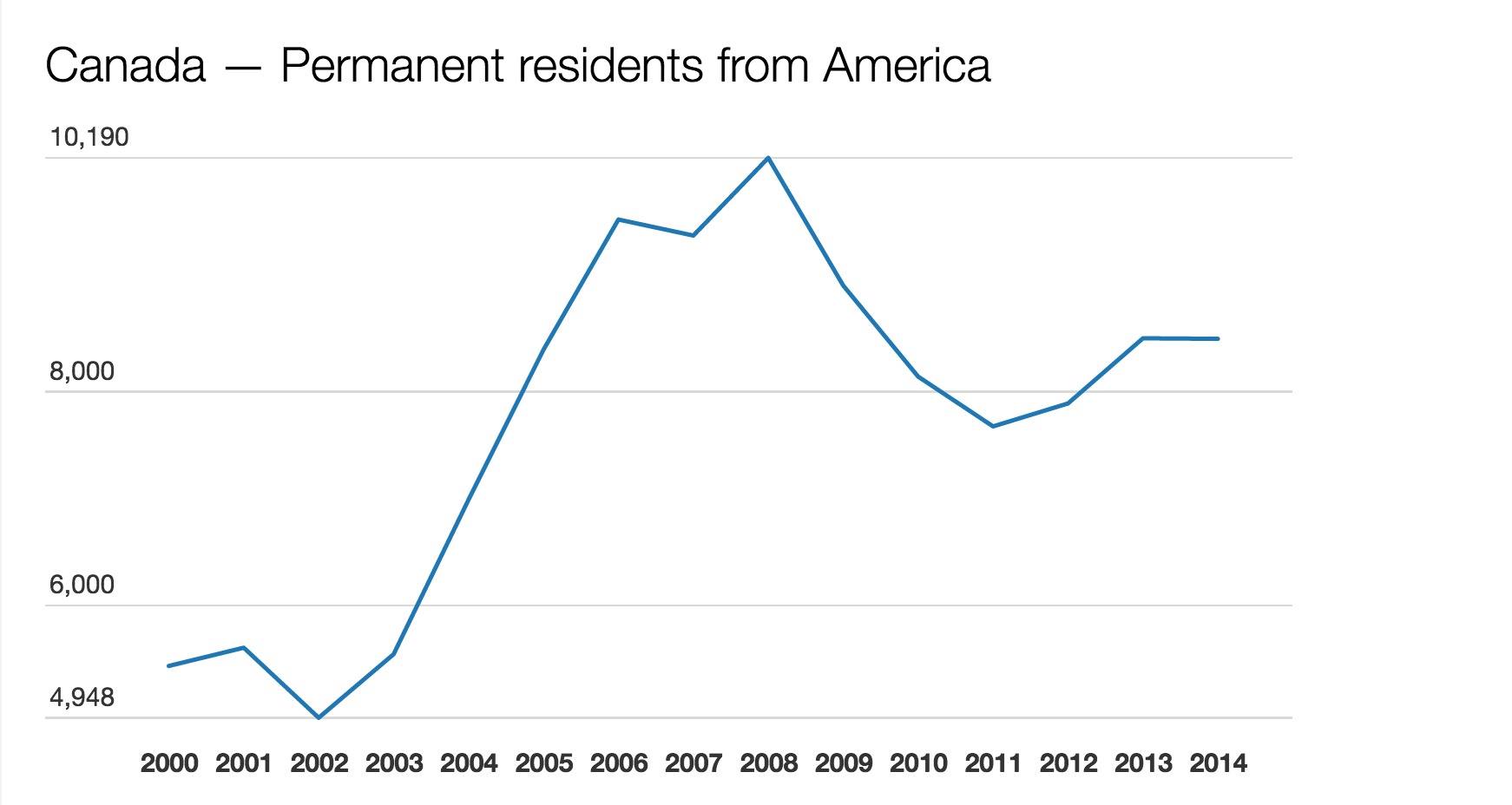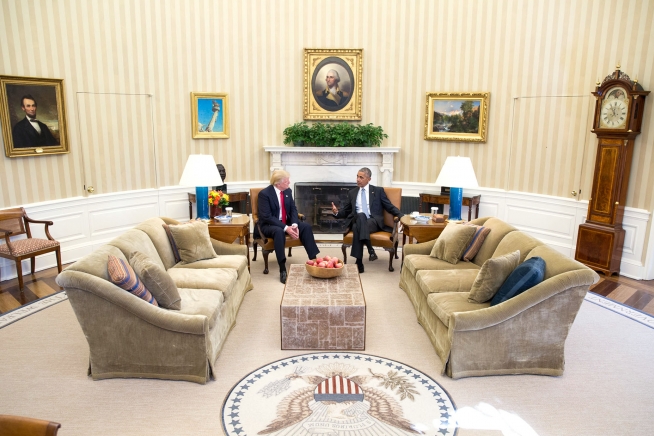Moving Abroad is Not an Excuse for Apathy

On Tuesday, Nov. 8, America watched as Donald J. Trump was elected as the 45th President of the United States of America. Shock waves immediately reverberated throughout the rest of the world – even here in Paris. It was front-page news on all French newspapers and led the television news broadcasts. It’s hard to go anywhere as an expat and introduce yourself as an American and not have to field questions on the results of your election.
One popular reaction to the election that’s all over social media is “I’m moving abroad!” Of the 200,000 visitors to the Canadian immigration website on the evening of Nov. 8 how many of these people will actually do it? According to Time magazine, emigration to Canada did spike in 2005 after the re-election of President George W. Bush, by about 2,000 people.
Image Credit: Government of CanadaDespite this, we know that it takes a considerable amount of money and logistical planning to move abroad. The idea of moving abroad due to political dissension is one based on privilege. If you are one of the approximately 8 million Americans living abroad, I’m sure you’ve heard at least once from family and friends that you’re “so lucky” to be there. So many expats are proud to admit that yes, they feel lucky that they’re away from America right now. But does your distance from your home country dictate your political involvement? Does your obligation to your home country end once you’ve mailed off your absentee ballot? Should moving abroad automatically make you apathetic to the plight of those back home?
It absolutely should not. It’s irresponsible and naïve to think that you won’t be affected by major changes in your home country. Your distance from your country of citizenship doesn’t keep you safe from the geopolitical consequences of the election. Your American passport and American bank accounts can still suffer. If the dollar goes down, so does the value of the bank accounts you left at home. If America’s foreign relations become tenuous, the likelihood of landing a dream job abroad gets slimmer and slimmer.
Aside from the direct correlation of the elections and your personal life, to exhibit apathy is to lack humanity. So what if you’re not effected by the protests, racism or homophobia rampant across America right now – more than likely you have friends and family that are dealing with these things daily. In our society, people often avoid taking action simply because the something is not affecting them personally. Does your distance mean that you no longer care about any of the plights affecting your loved ones back home?
Image Credit: Pete Souza, White HouseAlthough you’re away from home, it doesn’t mean there’s nothing you can do. Organizations such as American Citizens Abroad and the Association of Americans Resident Overseas were created to help expats feel connected to their home country. Both are non-partisans organizations that serve to educate American expat as well as advocate on their behalf. The Association of Americans Resident Overseas is headquartered in Paris. American Voices International is a non-partisan political action committee that contributes to the inclusion of expats in American politics. Based in the UK, they also make contributions to candidates that most closely align with their political views.
If you’d like to get involved more directly and are registered to a party, there are organizations for you as well. Republicans Overseas and Democrats Abroad connect expats with likeminded individuals and lobby for their respective interests from abroad.
Expats exhibiting political apathy brings to mind the famous Martin Niemöller quote from 1945. “In Germany they came first for the Communists, and I didn't speak up because I wasn't a Communist. Then they came for the Jews, and I didn't speak up because I wasn't a Jew. Then they came for the trade unionists, and I didn't speak up because I wasn't a trade unionist. Then they came for the Catholics, and I didn't speak up because I was a Protestant. Then they came for me, and by that time no one was left to speak up.”
Will you speak up?









